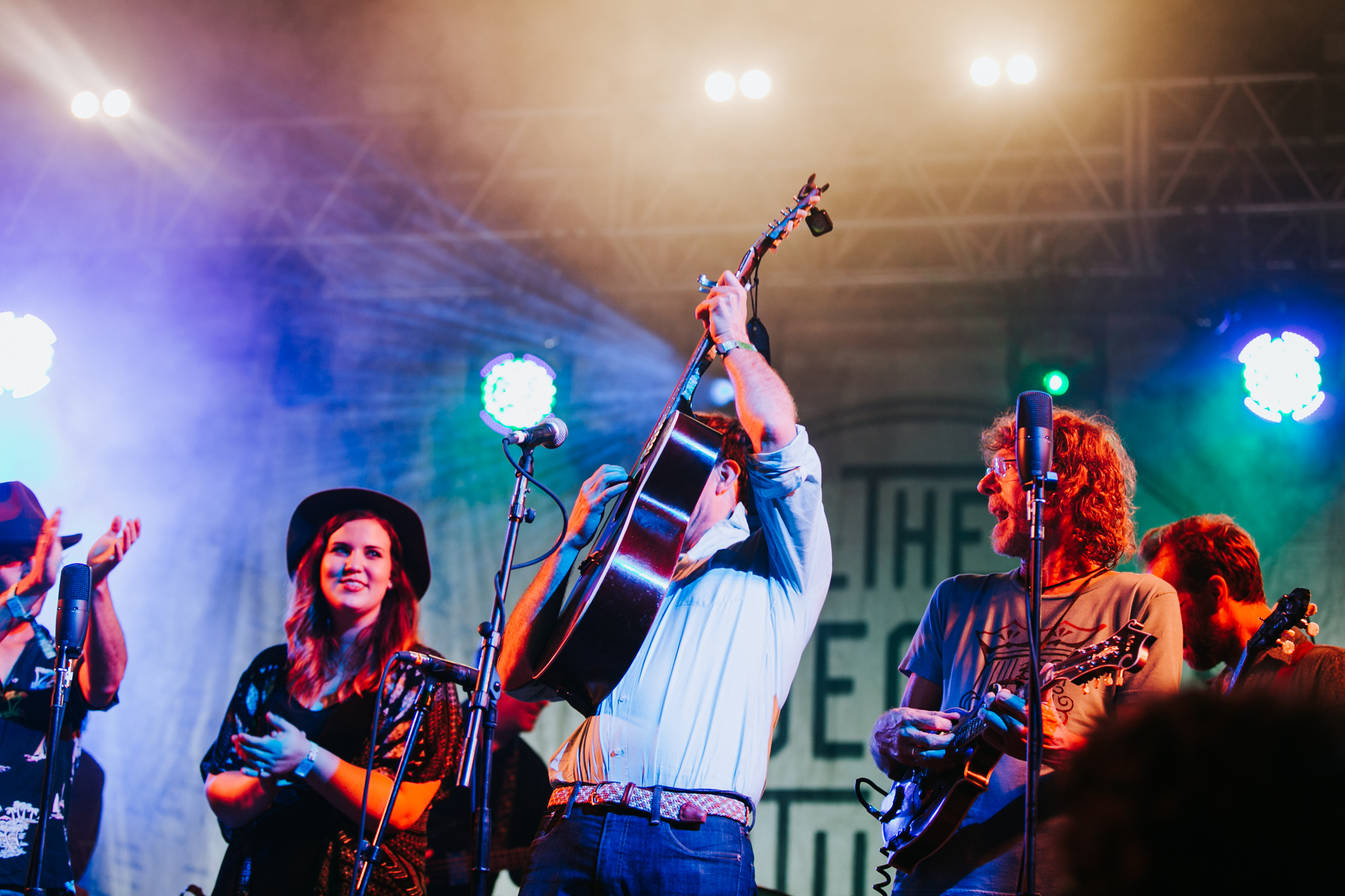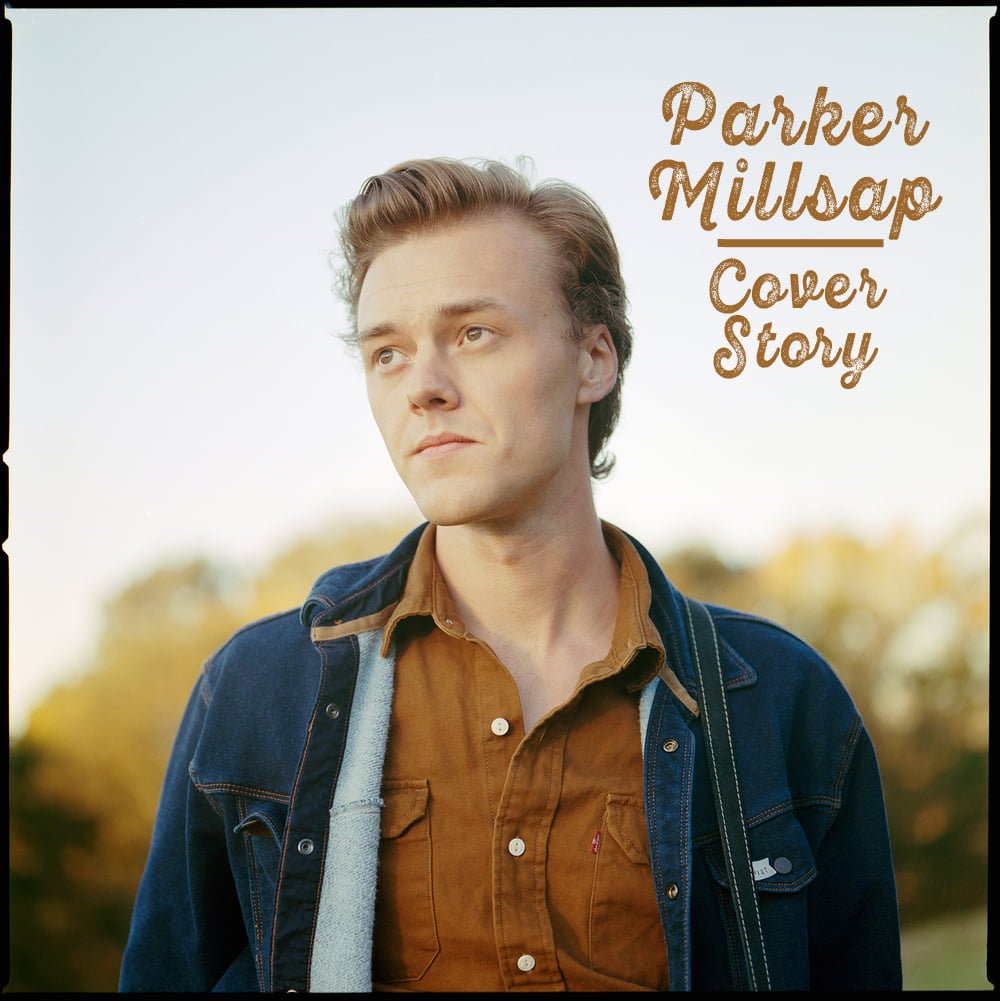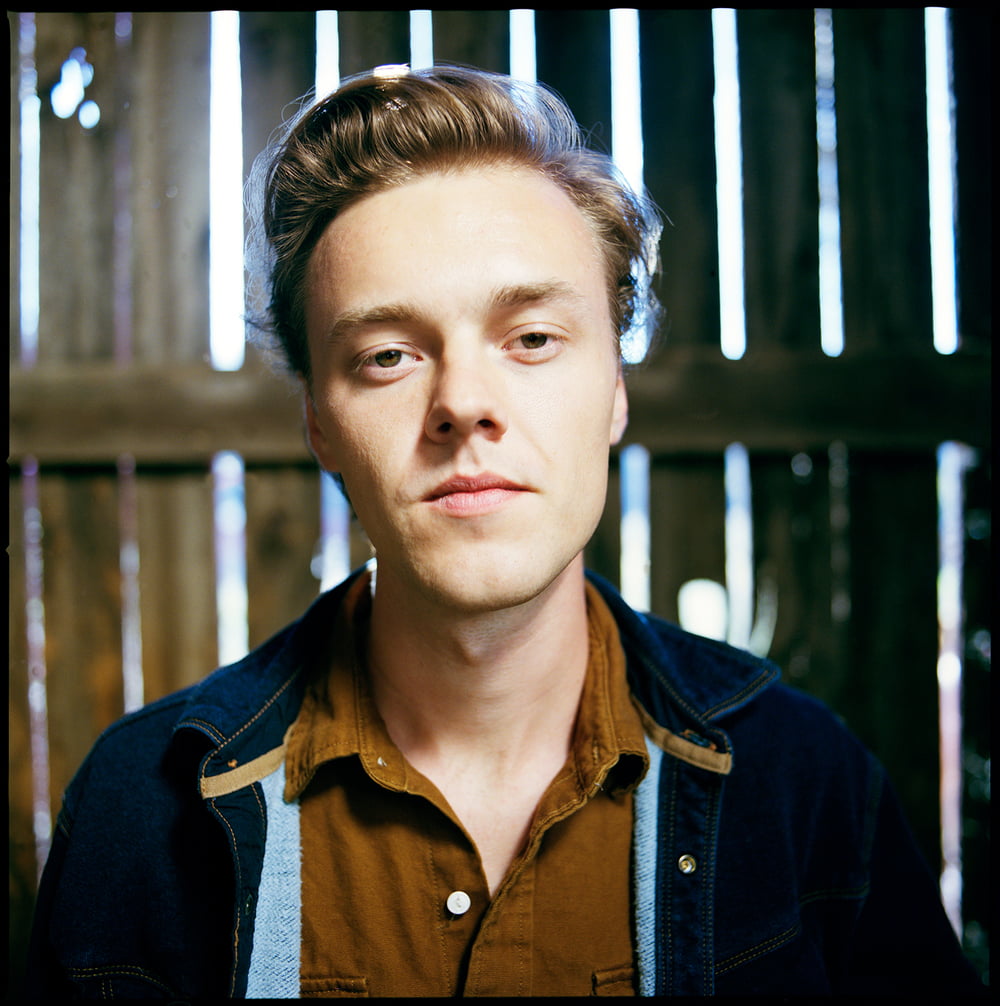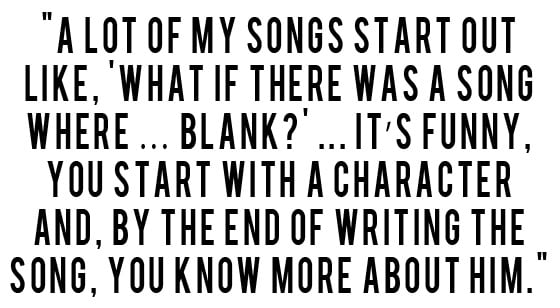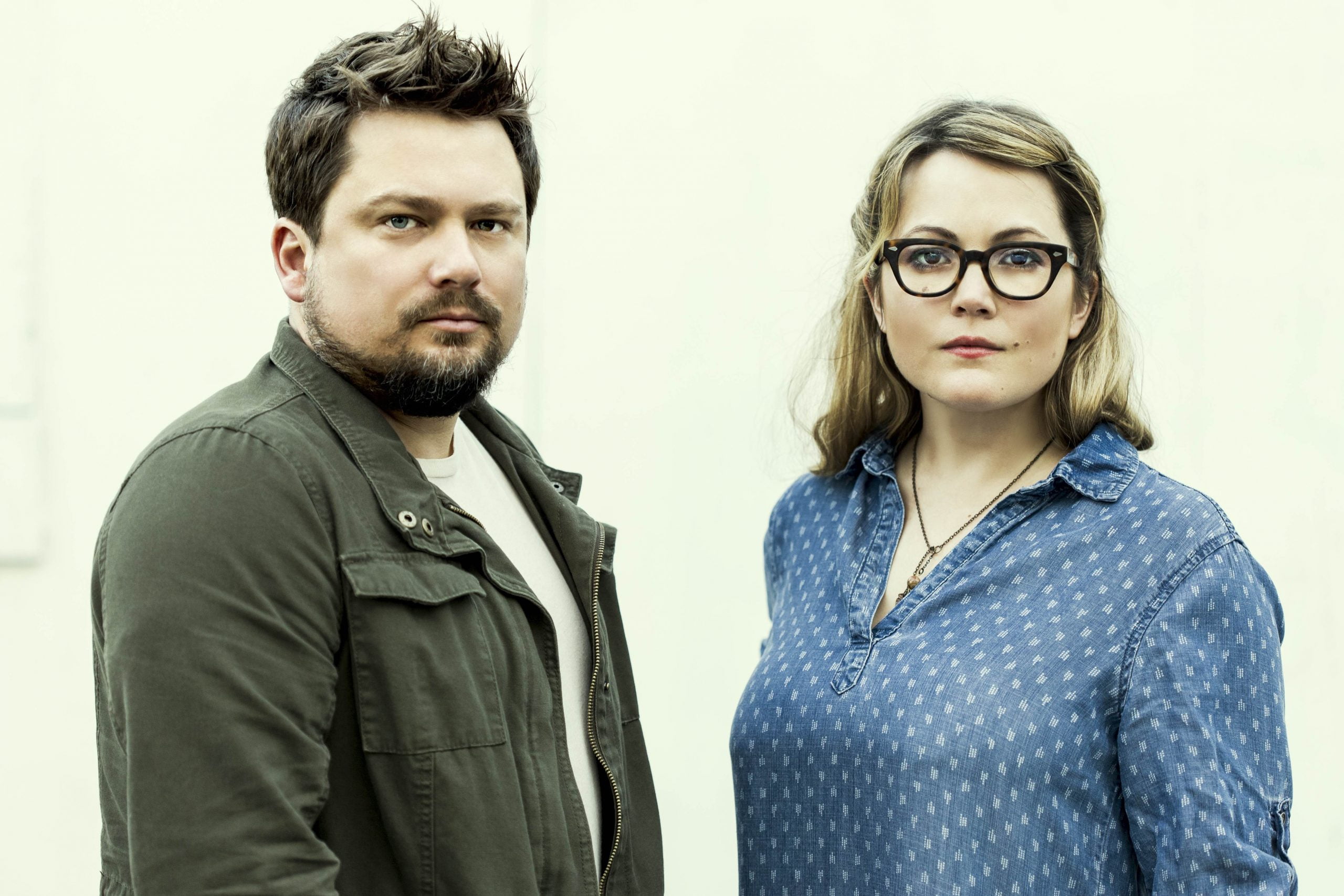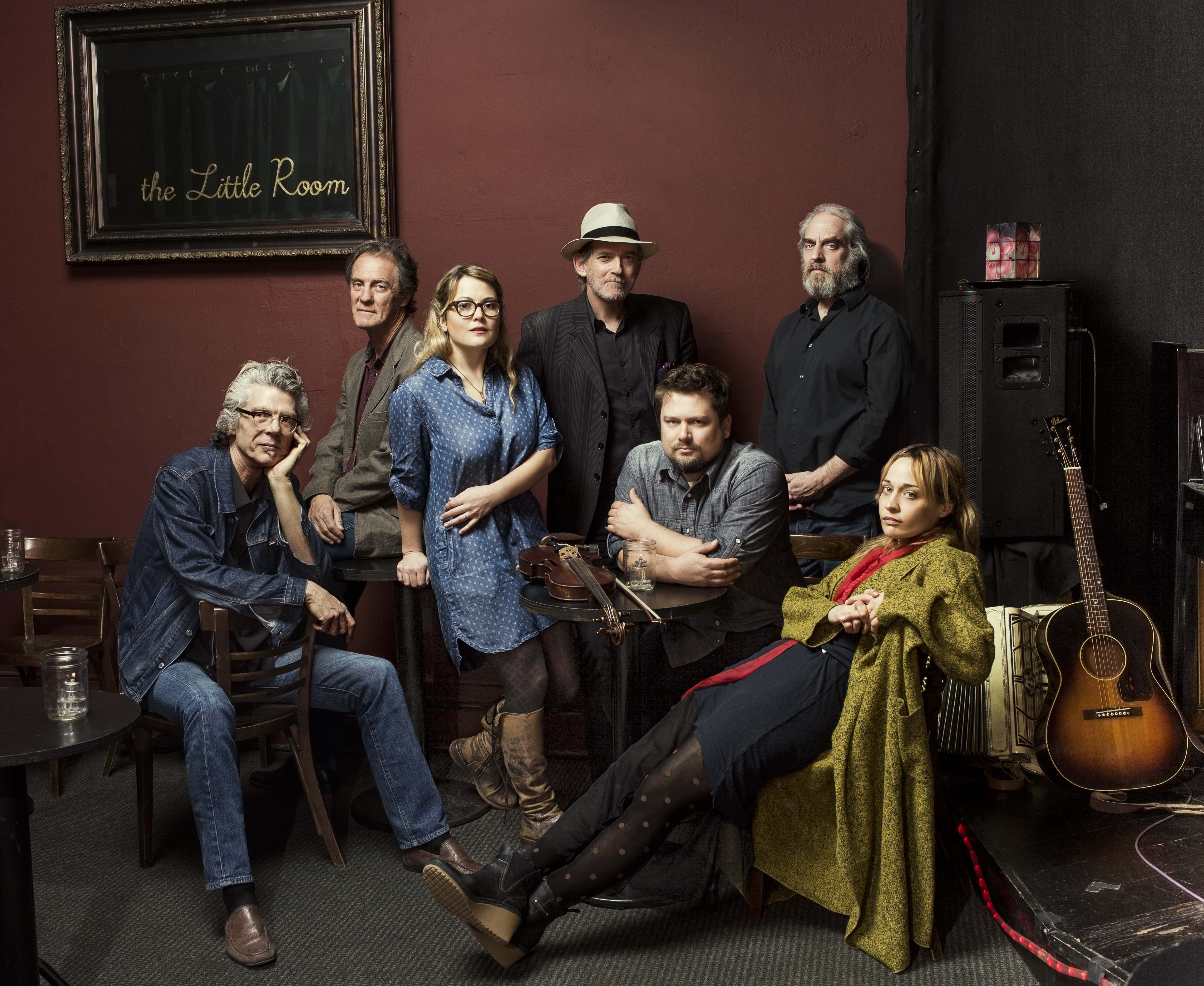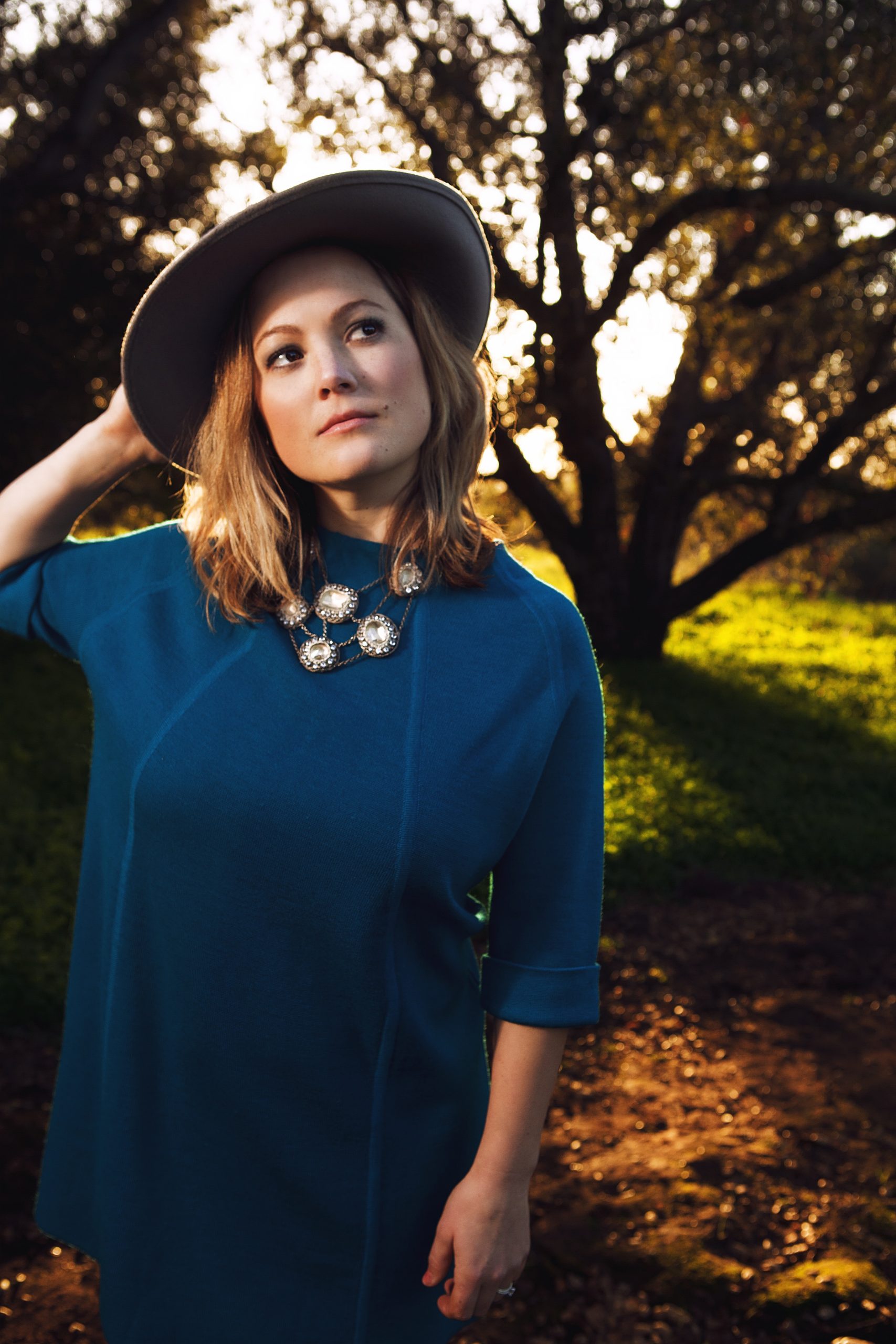Aren’t half-somber, half-hopeful songs the most comforting? Through gloomy Winters when you’re chilled to the bone, snuggled under your favorite fleece with a piping hot cup of herbal tea, perhaps you find yourself newly single, binge-watching reality television and taking a spoon directly to that pint of Ben & Jerry’s … or when you’re staring down four years of an unqualified, immature, egomaniac, C-list celebrity/Twitter personality occupying the White House — crawl inside any or all of these songs.
Brandi Carlile — “That Wasn’t Me”
I’d be lying if I said I hadn’t ever put this song on repeat and sobbed the lyrics over and over. Whether accidentally or purposefully, we’ve all had experiences when our true selves haven’t shown through. Maybe our intentions have been mischaracterized through no fault of our own or maybe we hide behind intricate facades. “Do I make myself a blessing to everyone I meet? When you fall, I will get you on your feet. Do I spend time with my family? Did it show when I was weak? When that’s what you see, that will be me.”
Darrell Scott — “Someday”
“Someday” is a really difficult word to handle, but it’s a beautiful thing when it’s hopeful rather than daunting. Someday the world will change for the better; someday it will all fall into place; someday we’ll finally be the people we want to be; someday we’ll look back and understand. As usual, Darrell Scott sings with goosebump-inducing conviction, “I will love someday. I’ll break these feet and these eyes and this heart of clay … someday.”
Lee Ann Womack — “Little Past Little Rock”
This song is a mandatory addition to every road trip playlist I make, but it’s not just a comfort for travelers and everyone eastbound on I-30. This is a song of liberation, of staring fear in the eye and finally standing up for oneself. If LAW is at peace with not knowing what the future holds, then we can be, too. Let that baritone guitar tug your heartstrings.
Alison Krauss & Union Station — “Find My Way Back to My Heart”
“I used to laugh at all those songs about the rambling life, the nights so long and lonely. But I ain’t laughing now …” And with just the first line you find yourself curled up within this song like a warm, impossibly soft snuggie. We would all crawl inside Alison’s comforting, plaintive voice on its own if we could, right? Then the slight, lilting asymmetry of the lyrics and the haunting, iconic So Long So Wrong aesthetic draw us in even further.
Ashley Monroe — “Like a Rose”
It takes a zen mindset to acknowledge your past with its good, bad, and ugly, and appreciate how it’s brought you to where you are today — especially if where you are today isn’t quite where you want to be yet. But if you can understand that you can still be your best self in any of those contexts, well, you really have come out like a rose. Lemme just crawl inside that beautiful moral-to-the-story.
Jason Isbell — “Flagship”
With a setting that would rival the best indie movie — a crumbling hotel, a harlequin cast of characters — Isbell aspires to a love that will last longer than structures, that won’t fade or grow stale, and will stand out as a banner for all to achieve. At first seemingly naïve or out of touch, the realism of the unmanicured surroundings make us feel like this kind of connection is not only attainable, but right around the corner. And that idea is just so gosh darn reassuring.
Erin Rae and the Meanwhiles — “Minolta”
Here’s another voice you’d crawl inside, if you could. Erin Rae shines a more positive light on our culture of constant social media and photo sharing, but with a vintage twist. Imagine a friendship so dear that you wish you could follow that special person around just to see the world through their eyes. “Good things are on their way for you, and if I’m not beside you for the ride, take a picture I can stop and look at sometimes.” Friendships like this help us all get out of bed in the morning.
Hot Rize — “You Were On My Mind This Morning”
If you’re thinking about someone and reminiscing, this song is for you. If you’re scared a certain someone isn’t thinking about you, this song is for you. If you wish Tim O’Brien were thinking about you this morning, well … us, too. The seminal, progressive bluegrass sounds of Hot Rize are excellent, as always, but my personal favorite recording of this song has to be our Sitch Session of Tim serenading the mountains.
Chris Stapleton — “Fire Away”
Let’s talk to each other more. Let’s listen to each other more. Let’s let it all out more. Let’s warm up with Stapleton’s smoky voice and cuddle up in his beard. Wait … wut?
Dolly Parton, Linda Ronstadt, Emmylou Harris — “Feels Like Home”
This song had to make this list. But perhaps the more important thing here is the version. Of all the recordings of this modern classic, could there be a single one more comforting and soothing than Linda, Dolly, and Emmy? Hint: The answer is no. (Give “High Sierra” a spin, while you’re at it. It gets an honorable-crawl-inside-mention.)
Sara Watkins — “Take Up Your Spade”
Okay. It’s time to get to work, put one foot in front of the other, and push slowly but surely toward our goals. Oh, and don’t forget to give thanks along the way. We all have a lot to be thankful for.
Photo credit: Martin Cathrae via Foter.com / CC BY-SA.
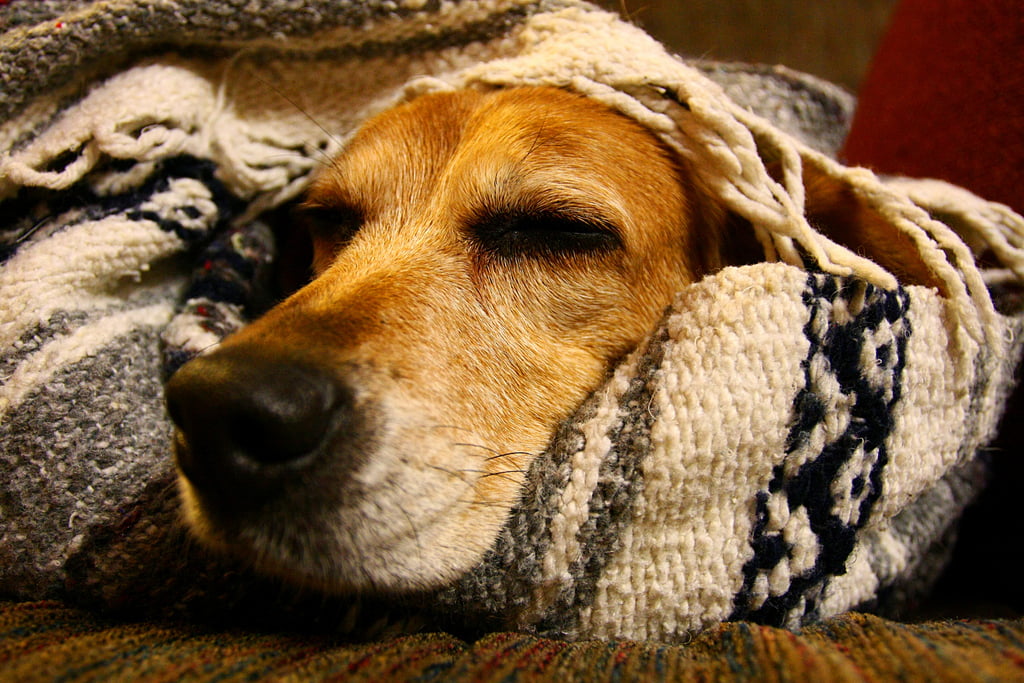
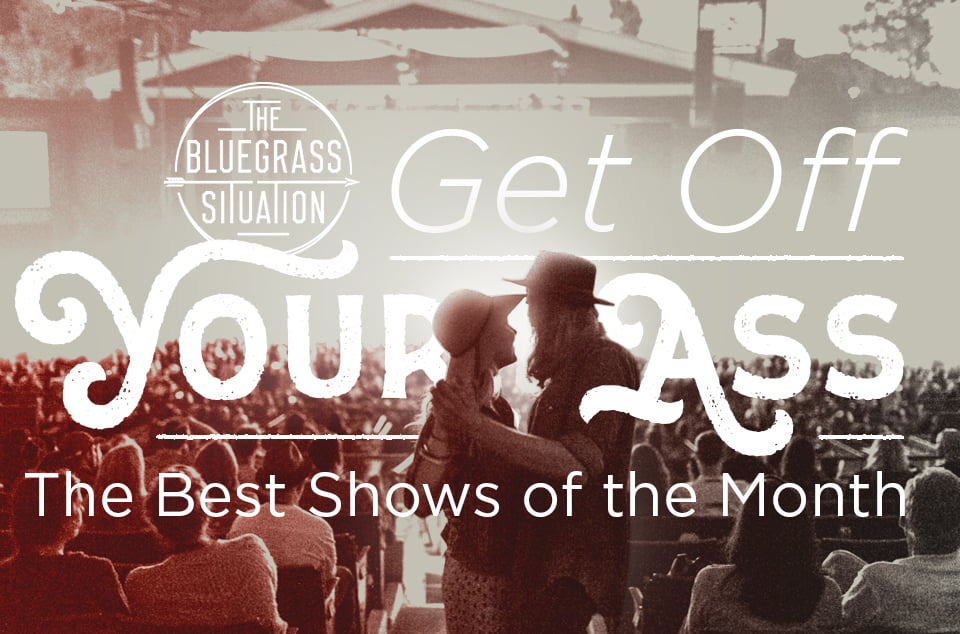



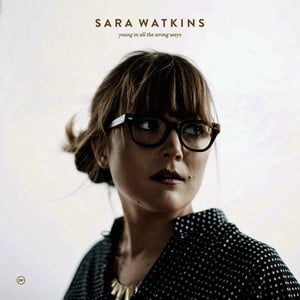
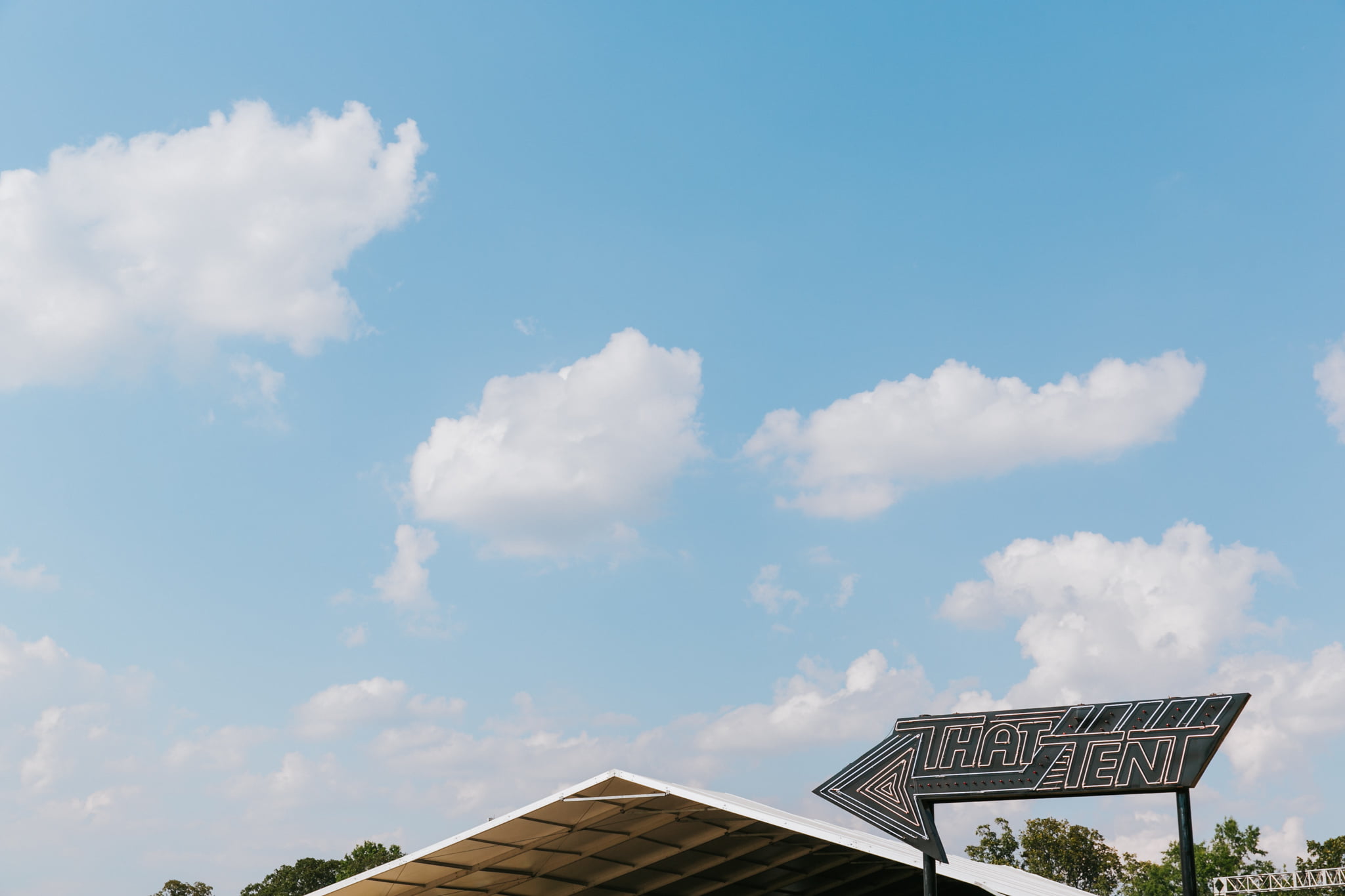
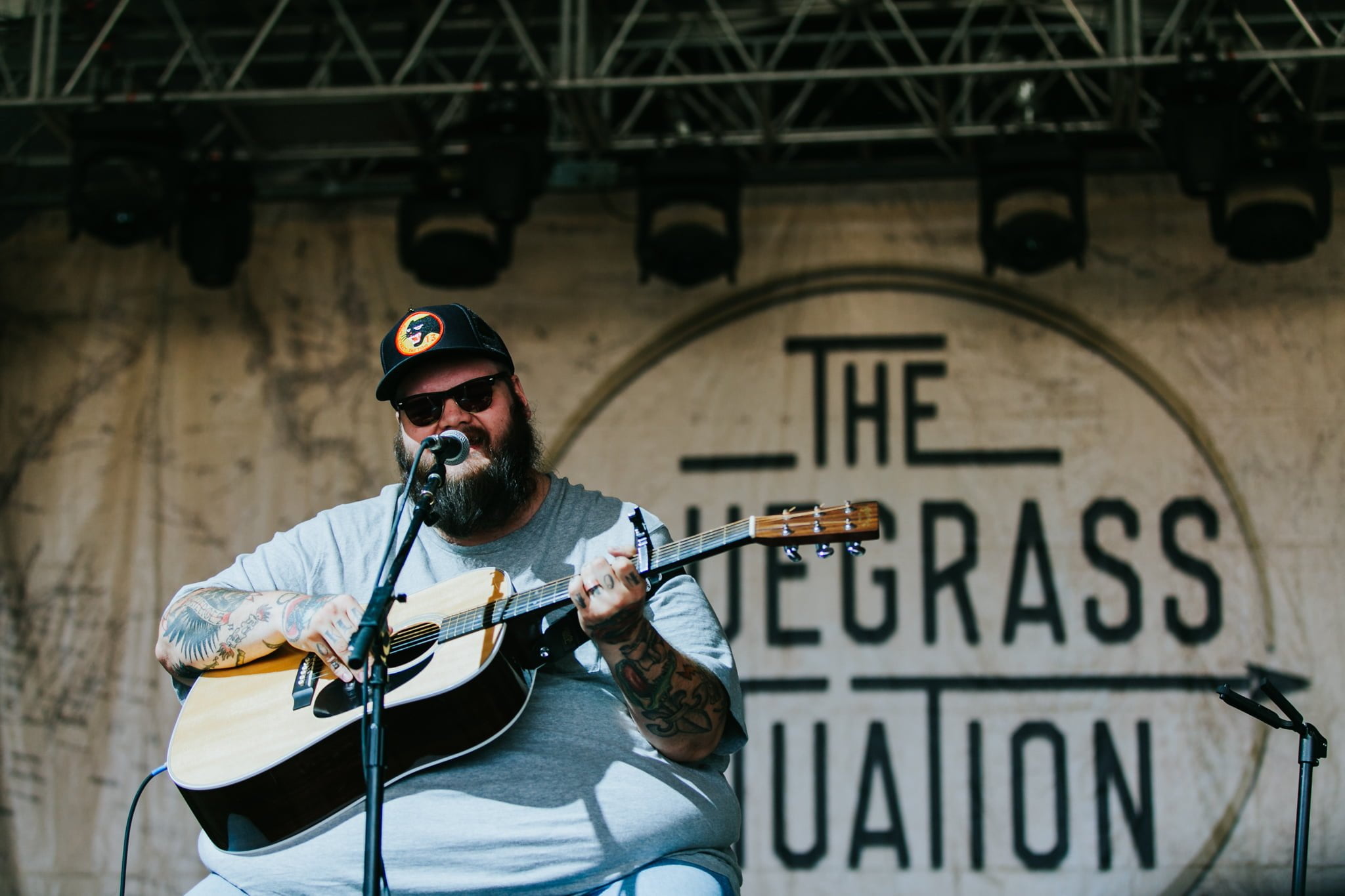 Following Moreland in That Tent was Sara Watkins with a set that would mark the first of many rousing performances of hers on the BGS stage. “This is the maiden voyage for a lot of these songs,” she said at one point. But her setlist was populated with recognizable numbers like “Say So” and “Long Hot Summer Days,” the weather-appropriate latter of which was turned into a group effort when she asked the crowd to sing along. The Secret Sisters sat in for a few, too, making for a high point on the stage before the clock even hit three.
Following Moreland in That Tent was Sara Watkins with a set that would mark the first of many rousing performances of hers on the BGS stage. “This is the maiden voyage for a lot of these songs,” she said at one point. But her setlist was populated with recognizable numbers like “Say So” and “Long Hot Summer Days,” the weather-appropriate latter of which was turned into a group effort when she asked the crowd to sing along. The Secret Sisters sat in for a few, too, making for a high point on the stage before the clock even hit three.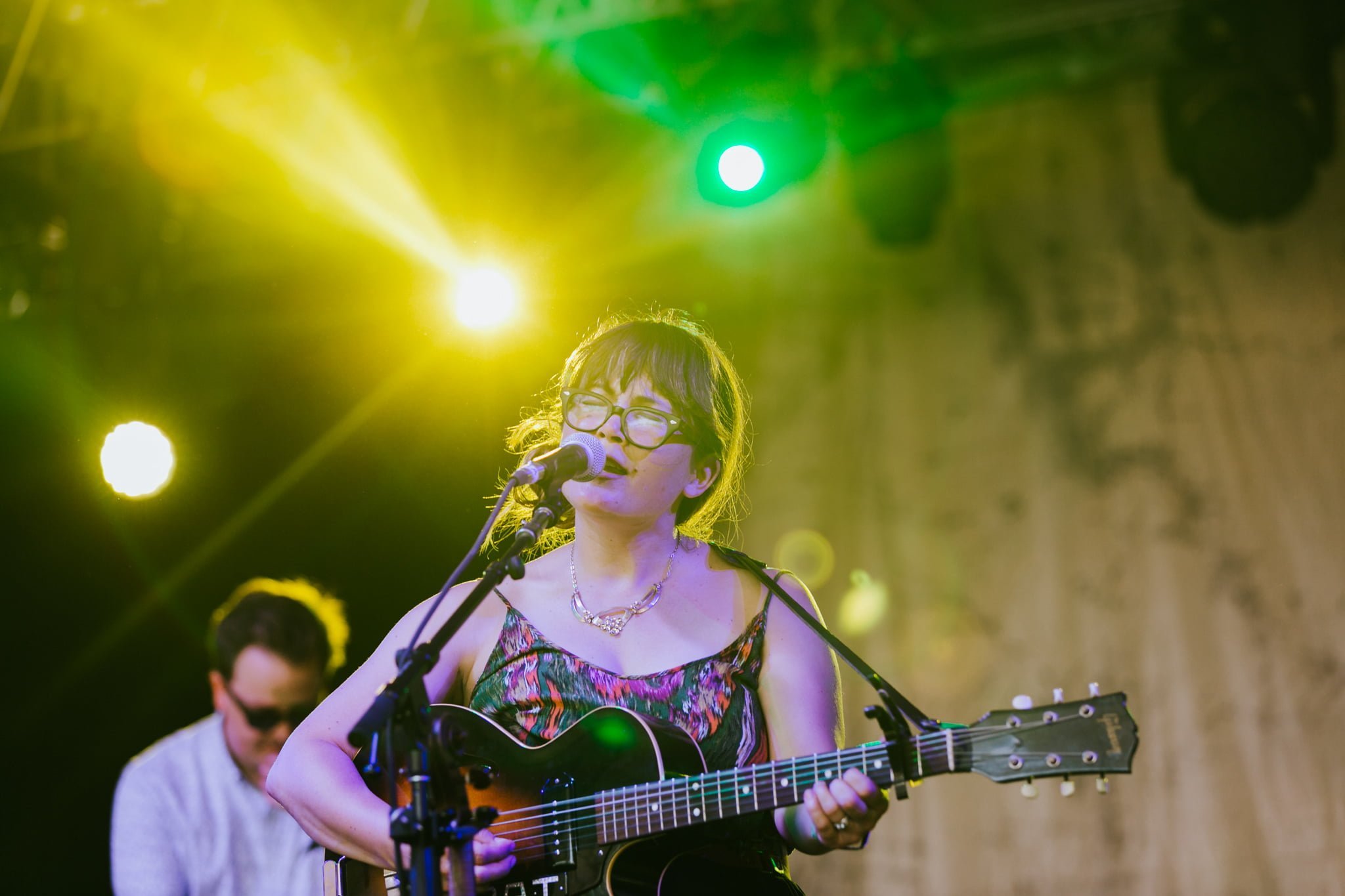 The Wood Brothers were a worthy follow-up to Watkins’ harmonies, and plucky instrumentals on early songs like “Atlas” and “Mary Anna” drew several curious passersby. “Luckiest Man,” arguably the group’s best-known number, drew a heartwarming swell in volume as the crowd sang along — a promising sign of what was to come throughout the day.
The Wood Brothers were a worthy follow-up to Watkins’ harmonies, and plucky instrumentals on early songs like “Atlas” and “Mary Anna” drew several curious passersby. “Luckiest Man,” arguably the group’s best-known number, drew a heartwarming swell in volume as the crowd sang along — a promising sign of what was to come throughout the day.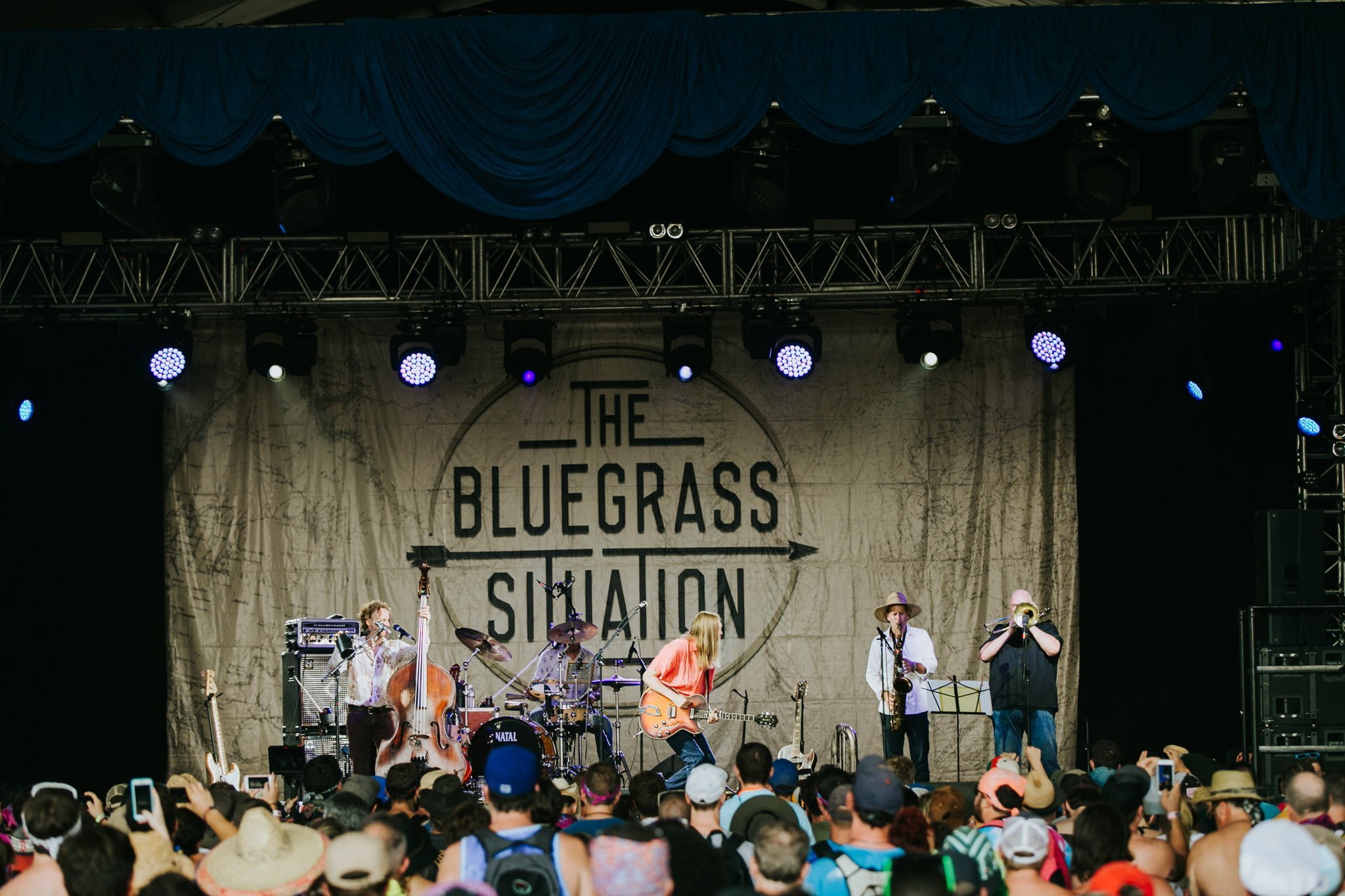
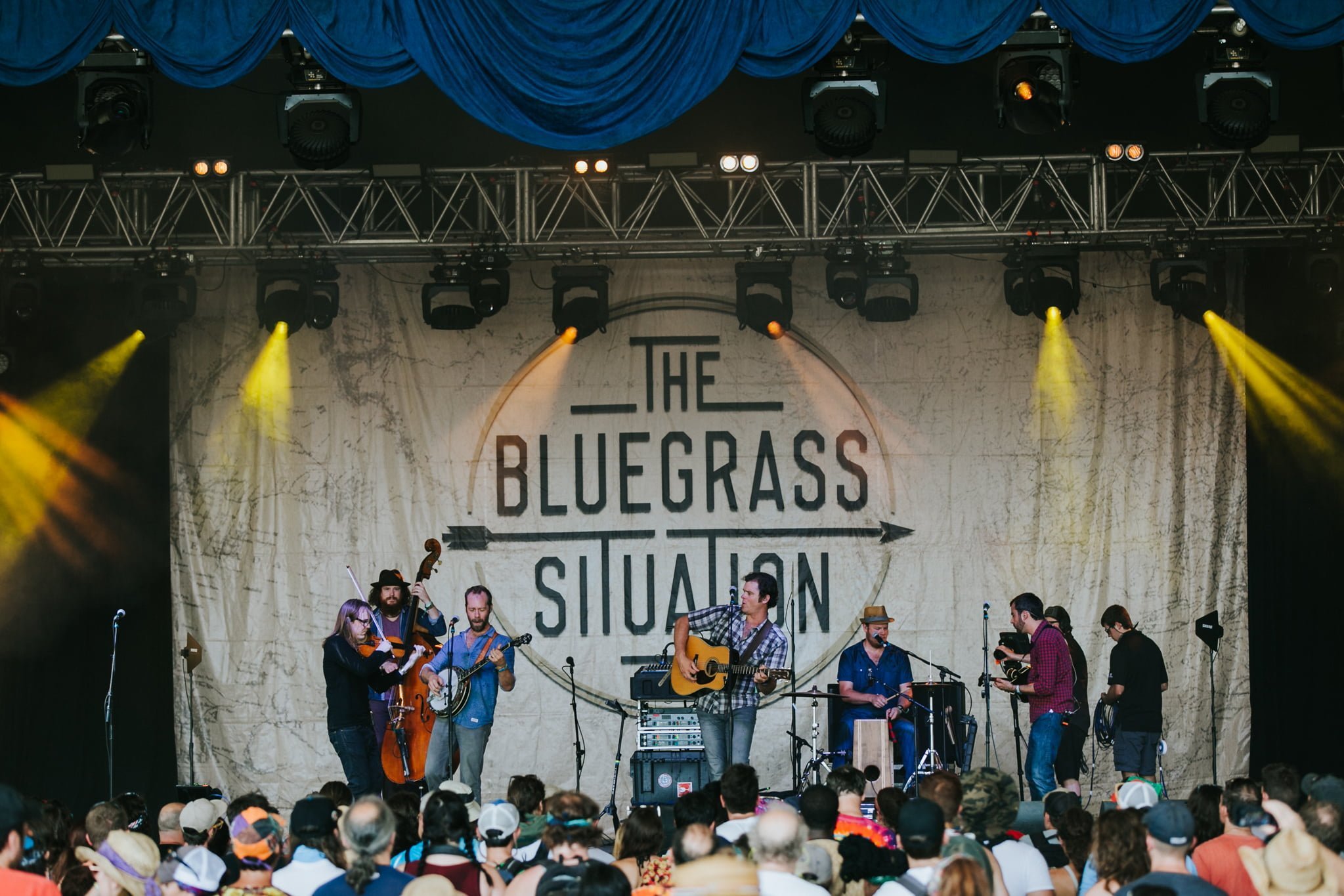 The momentum kept up for newgrass innovators Sam Bush Band, and while the transient crowd was starting to get rowdy (“We hear your request, but we’re going to keep playing,” they responded to one heckle with a laugh), the mood was as warm as the weather — which, by the way, was really dang warm.
The momentum kept up for newgrass innovators Sam Bush Band, and while the transient crowd was starting to get rowdy (“We hear your request, but we’re going to keep playing,” they responded to one heckle with a laugh), the mood was as warm as the weather — which, by the way, was really dang warm.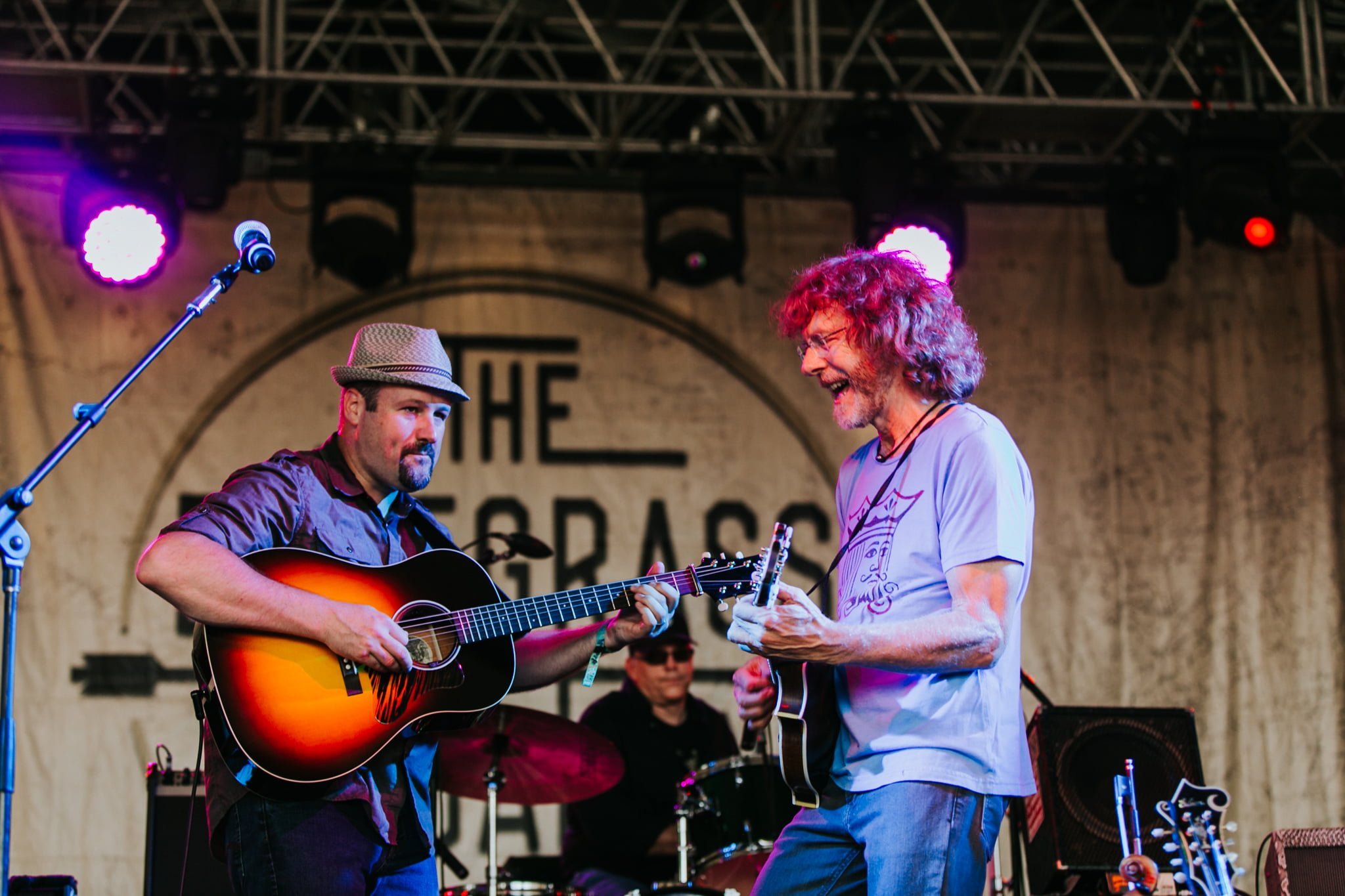 As the day’s big Superjam grew nearer, the crowd forming outside That Tent grew from modest to massive, stretching back to the vendors and filled with onlookers waiting for a glimpse of Ed Helms and his all-star on-stage compadres. He started off the collaborative headlining set with a hand-clapping rendition of bluegrass classic “I’ve Endured,” sharing the mic with Sean and Sara Watkins. The three of them were soon joined by Scott Vestal and Sam Bush as Sara led into “Here I Go Down that Long Road Again.”
As the day’s big Superjam grew nearer, the crowd forming outside That Tent grew from modest to massive, stretching back to the vendors and filled with onlookers waiting for a glimpse of Ed Helms and his all-star on-stage compadres. He started off the collaborative headlining set with a hand-clapping rendition of bluegrass classic “I’ve Endured,” sharing the mic with Sean and Sara Watkins. The three of them were soon joined by Scott Vestal and Sam Bush as Sara led into “Here I Go Down that Long Road Again.”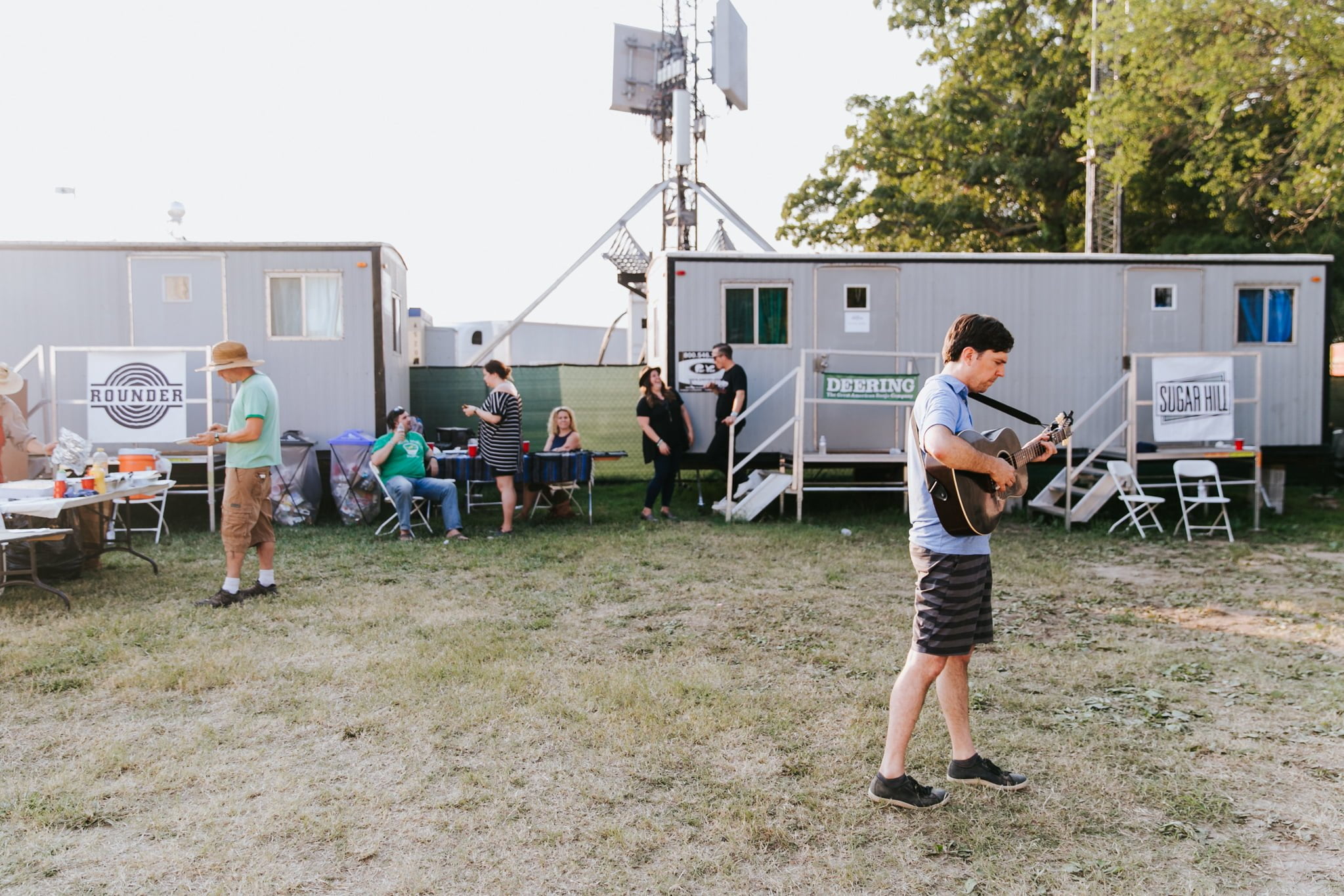
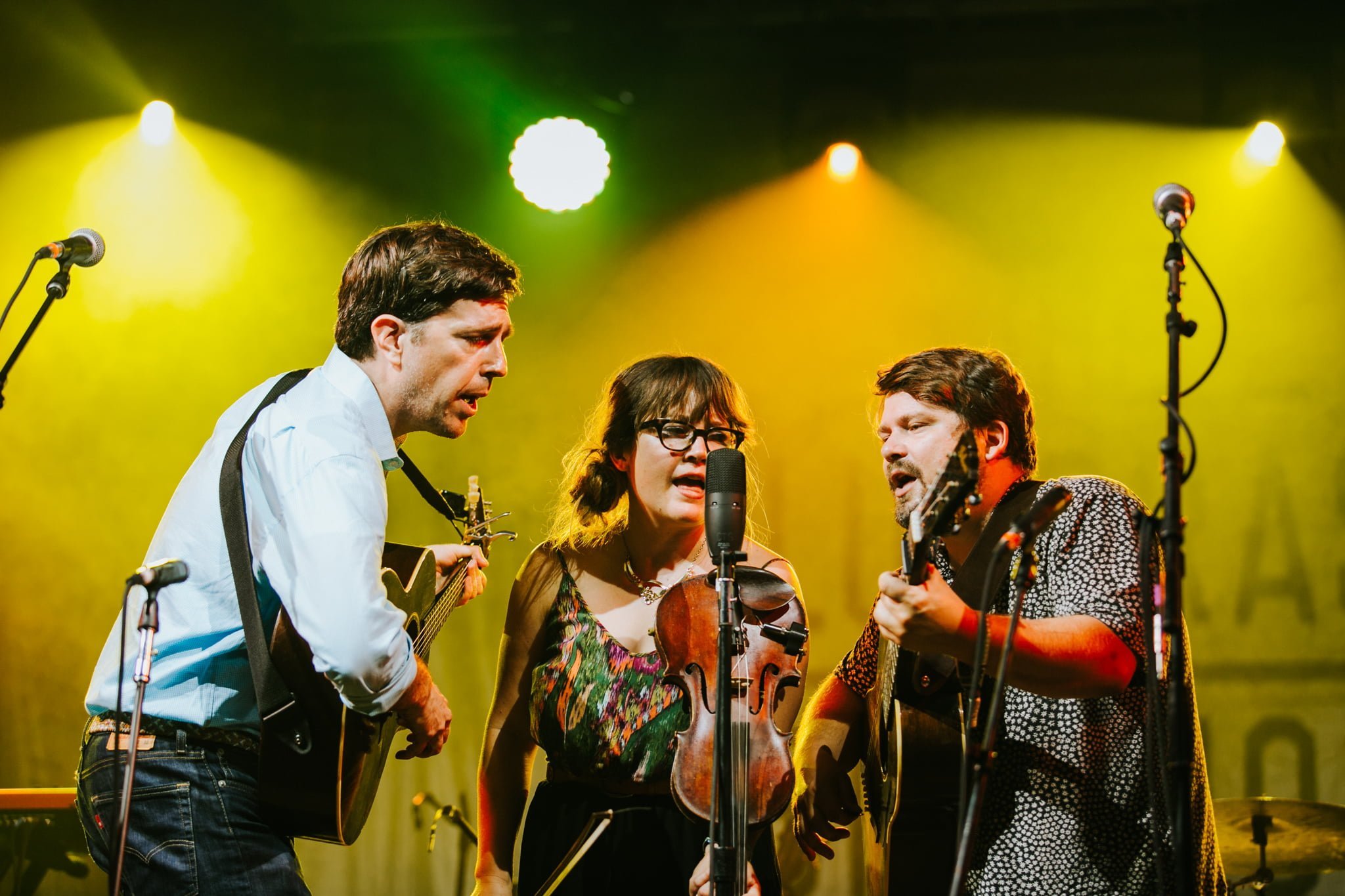 “We’re going to do an old Bill Monroe song,” said Bush. “Do you all know who Bill Monroe is? The father of bluegrass music?”
“We’re going to do an old Bill Monroe song,” said Bush. “Do you all know who Bill Monroe is? The father of bluegrass music?”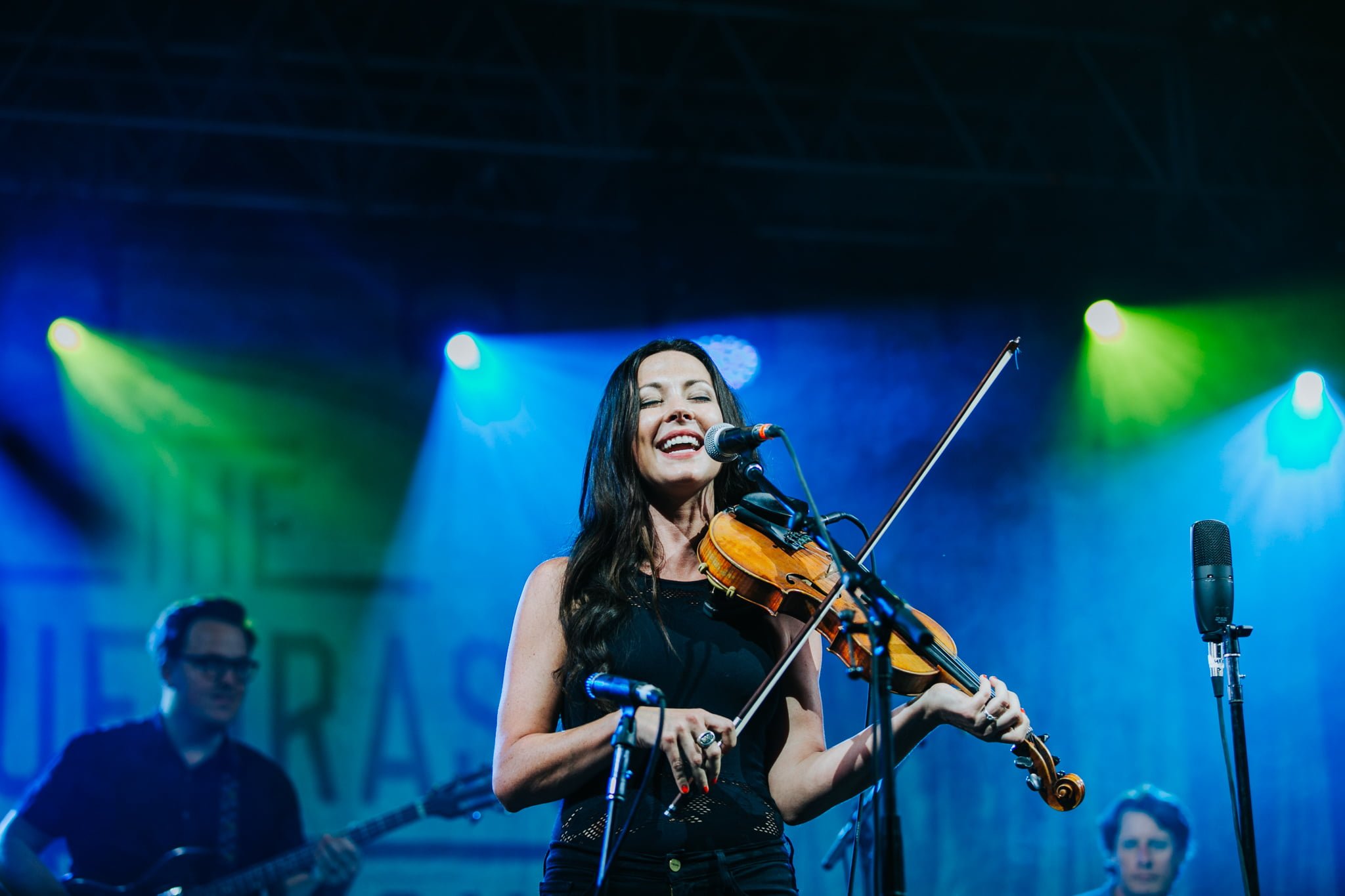
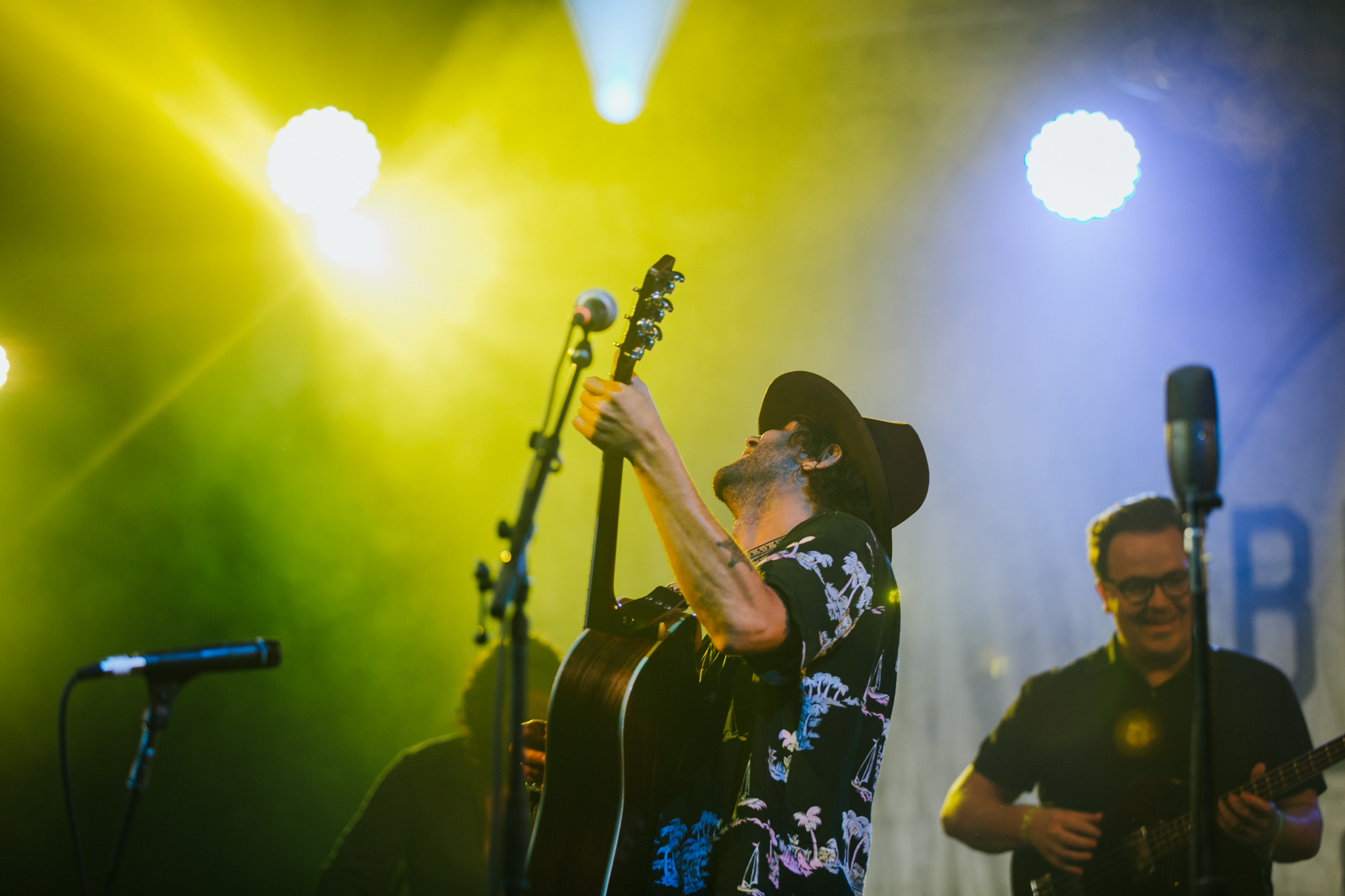
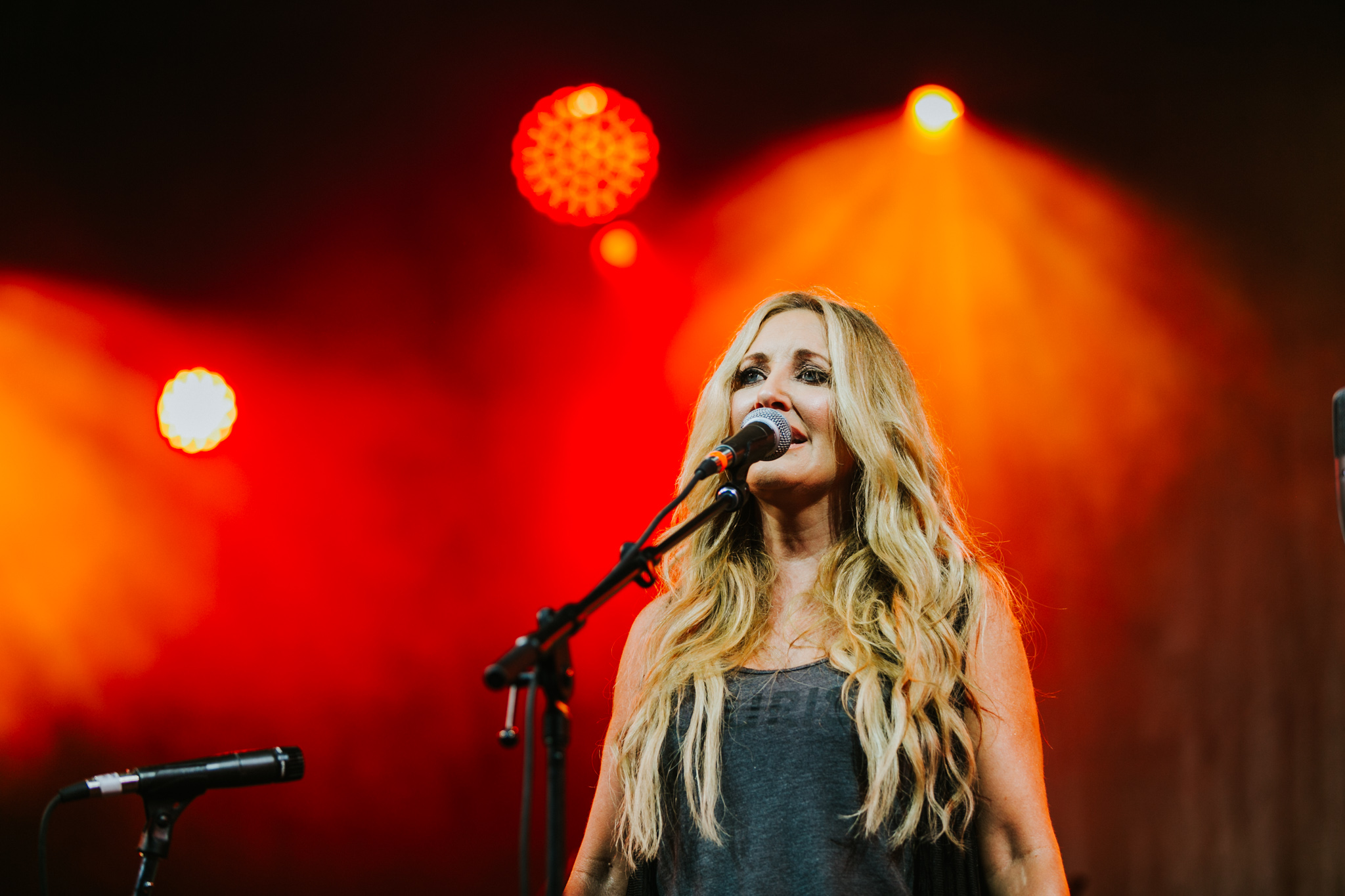
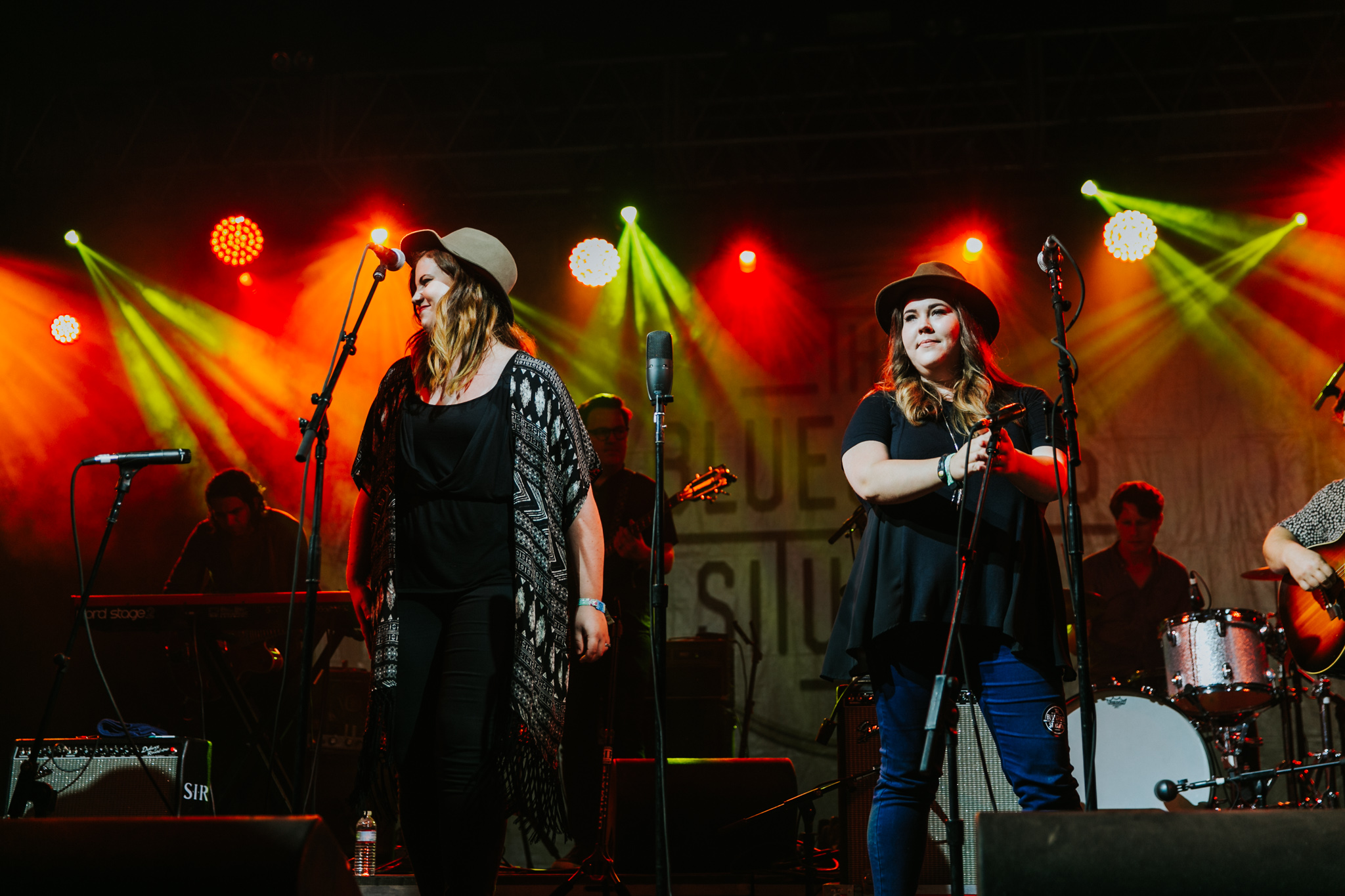 Womack returned for two more songs with the Watkins Family Hour, “Little Lies” and “Let ‘Em In,” before Steep Canyon Rangers came out to steal the stage for Merle Haggard’s classic “I Think I’ll Just Stay Here and Drink.” Once Helms returned to the stage for the last few songs, he called Amy Reitnouer (our fearless leader here at BGS and the mastermind behind the festivities) for a moving performance on Neil Young’s “Long May You Run” with the whole gang back out on stage.
Womack returned for two more songs with the Watkins Family Hour, “Little Lies” and “Let ‘Em In,” before Steep Canyon Rangers came out to steal the stage for Merle Haggard’s classic “I Think I’ll Just Stay Here and Drink.” Once Helms returned to the stage for the last few songs, he called Amy Reitnouer (our fearless leader here at BGS and the mastermind behind the festivities) for a moving performance on Neil Young’s “Long May You Run” with the whole gang back out on stage.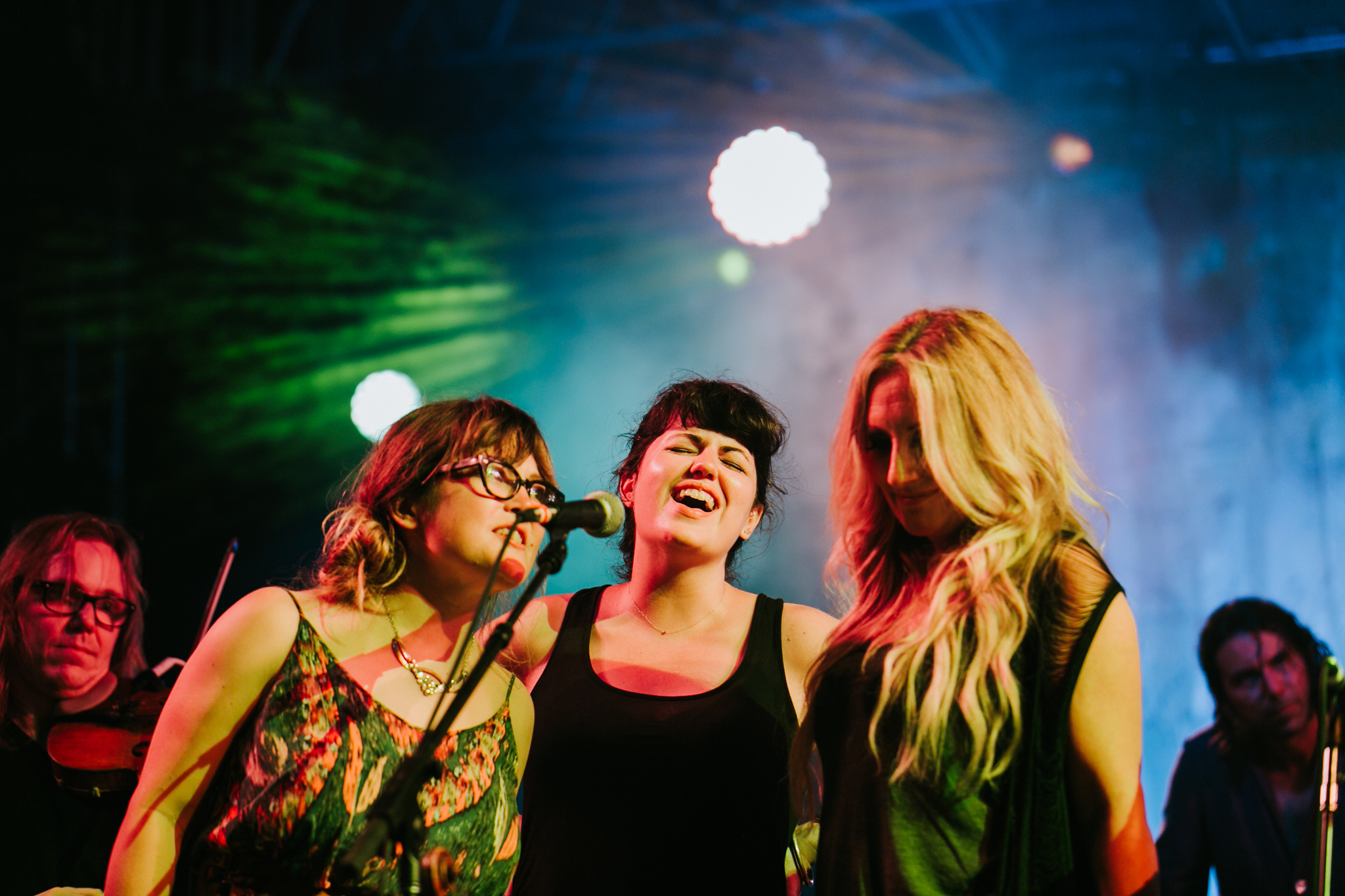 The jam was more than just a dang good time; It was a reminder of the peacefulness and overwhelming sense of unity that festivals — and music, in general — have to offer. Long live the BGS Superjam. (How many days until next year?)
The jam was more than just a dang good time; It was a reminder of the peacefulness and overwhelming sense of unity that festivals — and music, in general — have to offer. Long live the BGS Superjam. (How many days until next year?)